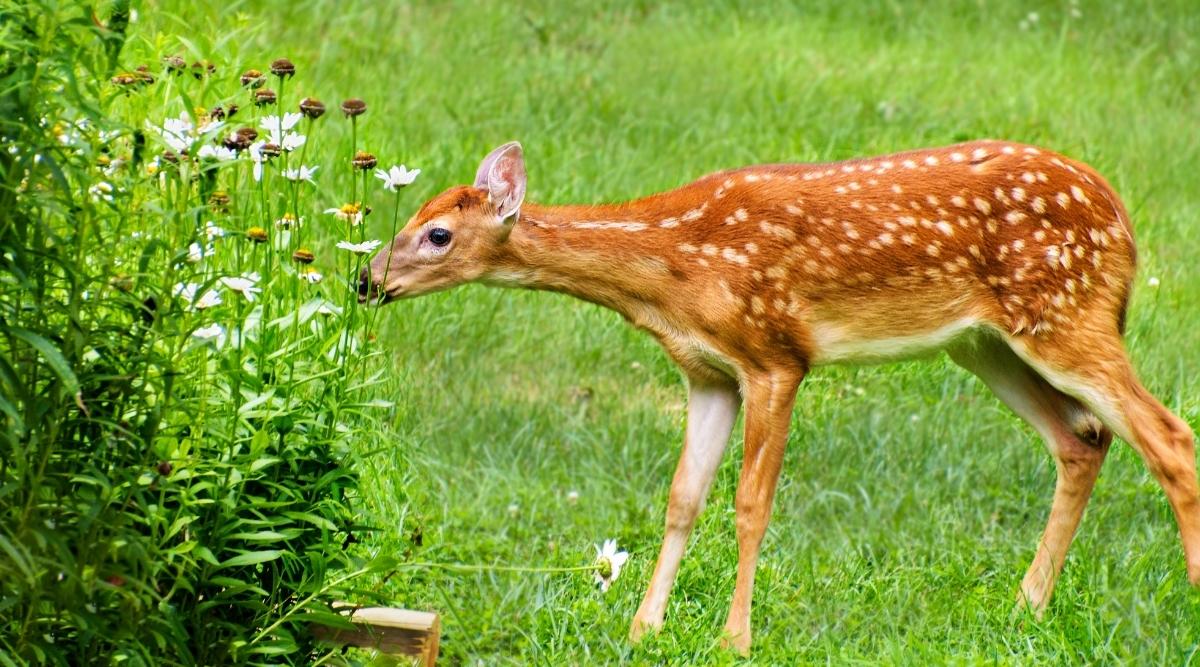
Can You Give Celery To Deer? Let’s Discuss
When it comes to feeding local wildlife, there’s a common curiosity among wildlife enthusiasts and nature lovers regarding the diets of different animals. One frequently asked question is; do deer eat celery? This question seems simple enough, but the answer is a little more complicated than you might think. Offering these herbivores a nutritious snack may seem like a good deed to many, but what do experts and deer enthusiasts think of this practice?
The iconic deer roam all over the United States and beyond, living in fields, forests, and even suburban neighborhoods. Their primary mode of nutrition is plants; they consume grass, leaves, and woody browse, among other plant materials. The issue of celery comes into play here because not all plant material is suitable for deer consumption.
The Dietary Habits of Deer
It is important to comprehend what deer typically eat. These elegant creatures are browsers, which mean they consume a variety of plant materials for food. Although the specifics of their diets can change based on the area and the availability of food, deer typically eat:
Grass: Especially in the spring and summer, grass is an essential part of a deer’s diet. It offers fiber and essential nutrients to support their growth and energy requirements.
Leaves: It is known that deer will nibble on a wide range of leaves, including those of shrubs, plants, and young tree shoots. They particularly like the delicate leaves of some types of trees.
Fruits and Nuts: Acorns, apples, and berries are just a few of the fruits and nuts that deer may eat, depending on the season.
Woody Browse: It is known that deer eat woody browse, such as branches and twigs from trees and shrubs. This is particularly crucial in the winter when there might not be as many other food sources available.
Why Deer Should Be Fed Celery
The notion that celery is a nutritious, fibrous vegetable that could offer some nutritional advantages to deer may be the source of the idea to feed them celery. As a supplement to their natural diet, celery may seem appealing because it is low in calories and a good source of fiber. Celery also has important minerals and vitamins, such as:
- Potassium
- Vitamin C
- Vitamin K
- Folate
Proponents of feeding celery to deer contend that doing so can be an enjoyable and instructive way to engage with these creatures up close. It can also be used to watch how deer behave and possibly take pictures or videos of these elegant animals.
Possible Advantages of Giving Deer Celery
There are a few possible advantages to feeding celery to deer, even though the practice isn’t widely acknowledged:
Supplemental Nutrition: Deer may benefit from the additional vitamins and minerals found in celery, which may help with general health, particularly in times of food scarcity.
Interaction and Education: Giving celery to deer can be a unique way for people to interact with them and learn about their dietary and behavioral preferences.
Observing Wildlife: Feeding deer can give enthusiasts of the natural world a chance to watch and learn about these animals.
Observing Deer Behavior
Giving deer celery or other food can be a special way to get up close and personal with these animals. It’s an opportunity to interact with wildlife and take amazing pictures or videos of their antics. Through this interaction, one may develop a greater respect and comprehension of these animals’ dietary requirements and preferences.
It’s important to practice moderation if you choose to feed deer celery. Any animal, including deer, that is overfed may experience digestive problems and other health problems. Celery in moderation can be a thoughtful supplement, but it shouldn’t take the place of the deer’s natural diet.







